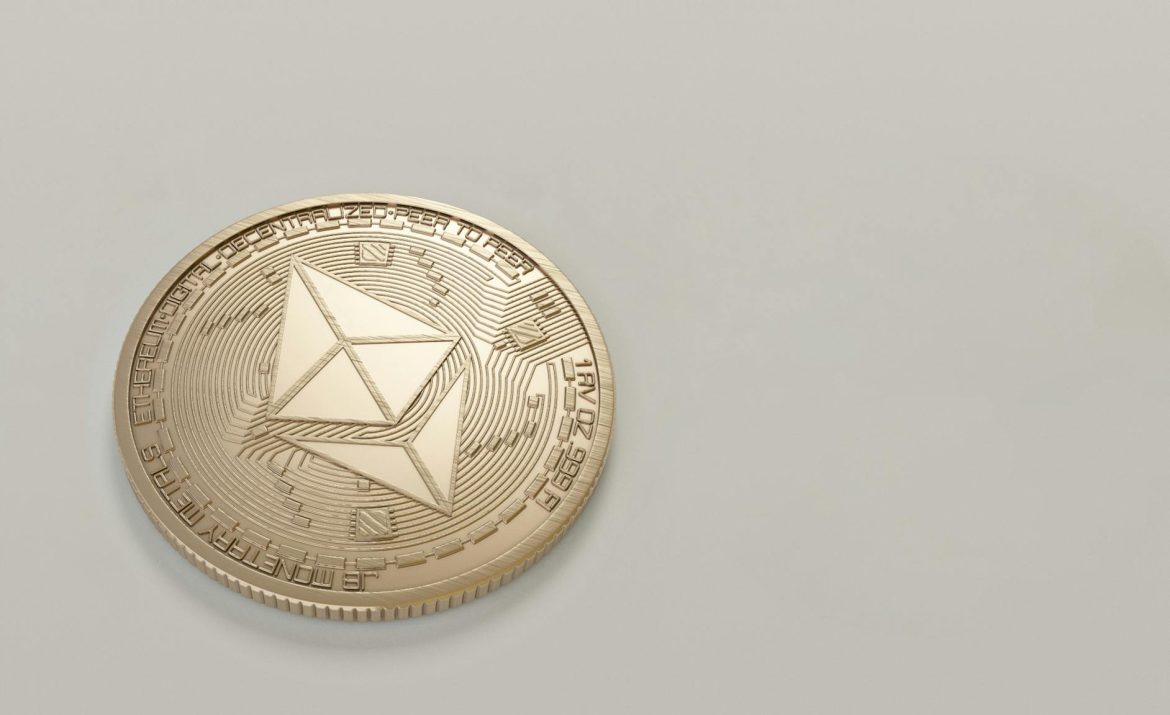Let’s be honest—online roulette has always had a bit of a trust problem. Players wonder: Is this game rigged? Can I really cash out my winnings? Enter blockchain and cryptocurrency. These technologies aren’t just buzzwords—they’re rewriting the rules of fairness, transparency, and speed in online gambling. Here’s how.
Provably Fair Gaming: No More Guesswork
Traditional online casinos rely on RNGs (Random Number Generators), but players have to trust that the system isn’t manipulated. Blockchain flips the script with provably fair algorithms. Every spin’s outcome is recorded on-chain before the bet is placed. After the game, you can verify it yourself—like checking the receipt after a purchase.
How It Works:
- The platform generates a cryptographic hash (a unique digital fingerprint) of the spin result before the bet.
- Once the bet is placed, the result is revealed and matched to the hash.
- Players can validate the hash to confirm no tampering occurred.
No more blind trust. Just math.
Instant Payouts (No More Waiting Days)
Ever won big—only to wait three business days for a bank transfer? Crypto solves this. Blockchain transactions settle in minutes, not days. Ethereum, Solana, and even Bitcoin Lightning Network are slashing withdrawal times to near-instant. Some platforms process payouts before you’ve even closed the roulette tab.
Popular Crypto Roulette Payment Options:
| Cryptocurrency | Avg. Transaction Time |
| Bitcoin (BTC) | 10-30 mins |
| Ethereum (ETH) | ~5 mins |
| Solana (SOL) | Seconds |
| Tether (USDT) | Varies by network |
Anonymity and Lower Fees
Banks love to flag gambling transactions. Crypto doesn’t care. Players can deposit and withdraw without ID checks (on decentralized platforms), and transaction fees are often a fraction of traditional methods. No $30 wire transfer fees—just a few cents in gas fees, depending on the network.
The Rise of Decentralized Roulette Platforms
Decentralized casinos (think: Roulette dApps on Ethereum or Polygon) cut out the middleman entirely. Smart contracts handle bets and payouts automatically. No shady operators—just code executing exactly as written. If the smart contract says you win, you win. Period.
Current Pain Points (Yes, It’s Not Perfect)
Blockchain roulette isn’t all rainbows. Network congestion can spike fees (looking at you, Ethereum Mainnet). And while provably fair is revolutionary, newbies might find the verification process clunky. But layer-2 solutions and better UX are smoothing these edges fast.
Where This Is Headed
Imagine roulette wheels streamed live in VR, with bets placed in crypto and outcomes settled on-chain. Or DAO-governed casinos where players vote on house rules. The tech’s moving faster than a croupier’s spin—and honestly, that’s half the fun.
So, is blockchain the future of online roulette? Well, the wheel’s already in motion.




